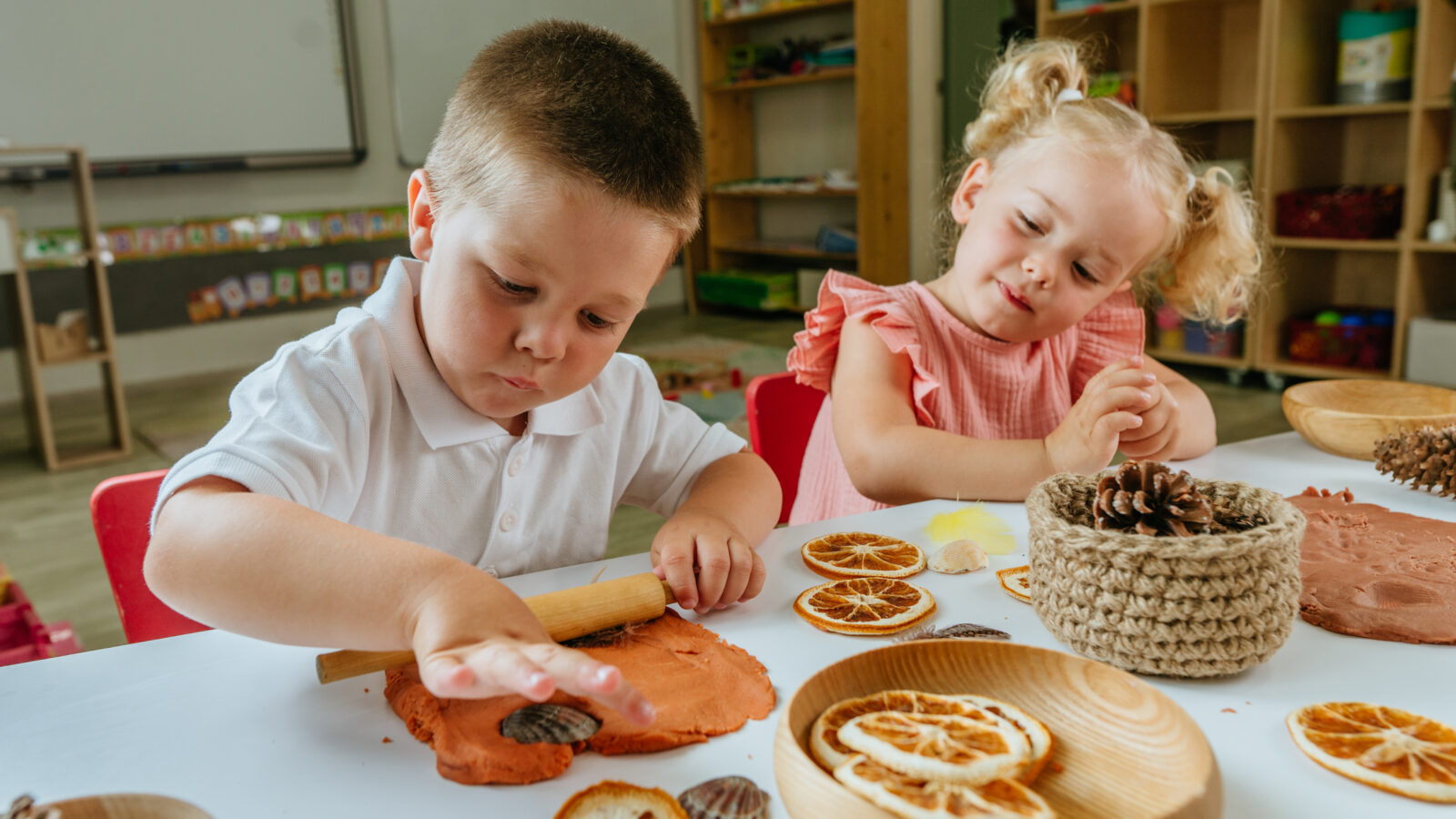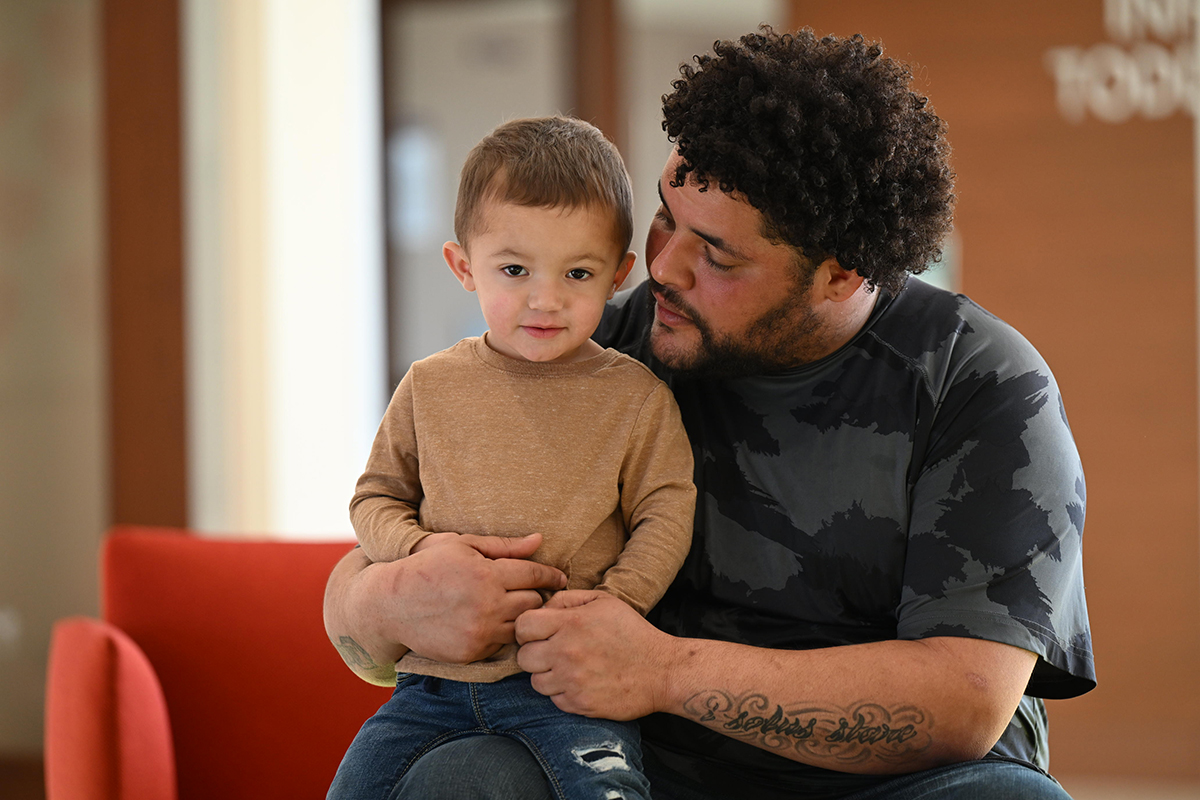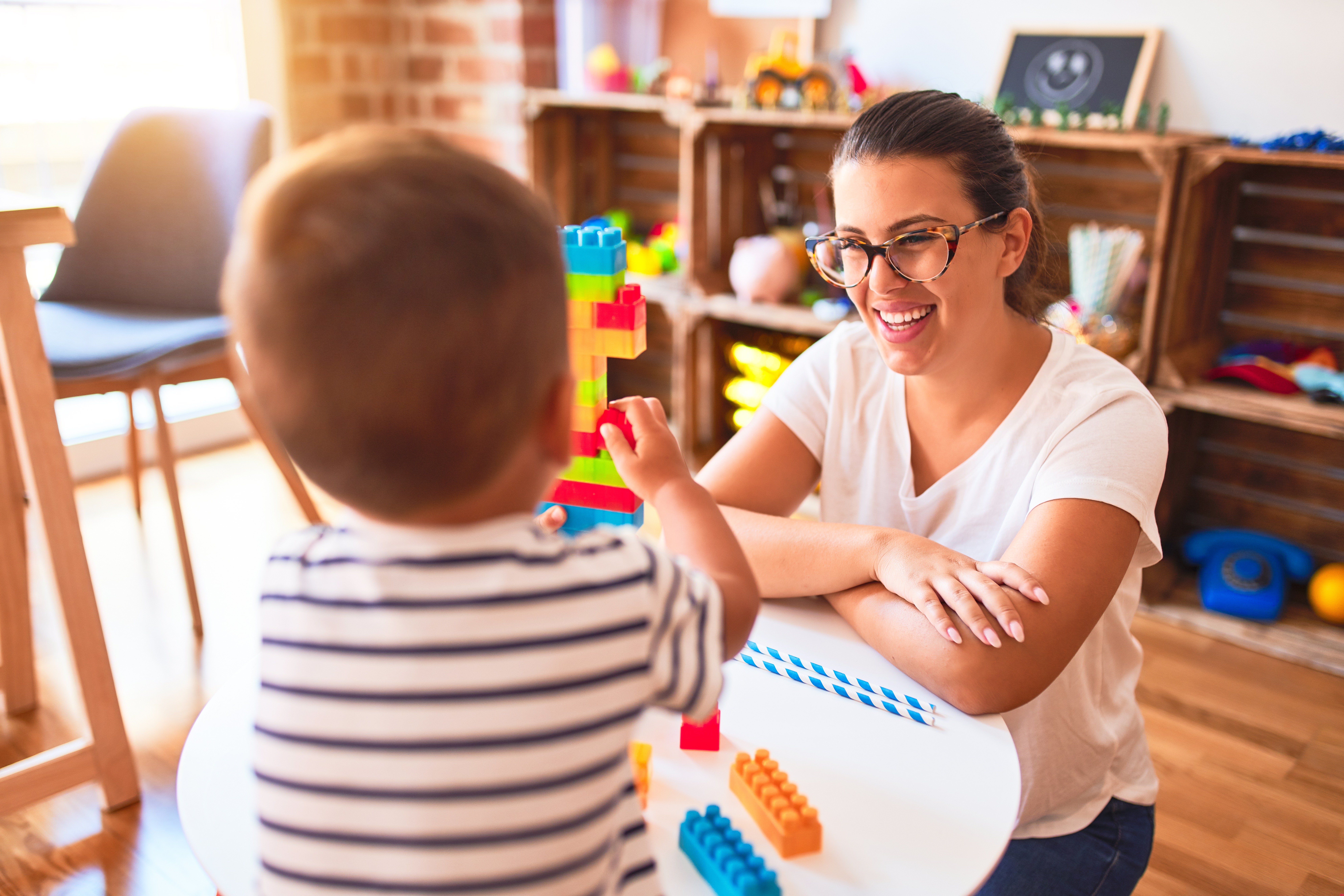Strengthening the Home-to-School Play Connection

Educators, child development specialists, and pediatricians are united in their understanding of the importance of play-based learning. Play is essential to help children explore the world around them, understand how they fit into it, and build the skills they need to thrive.
Harvard Graduate School of Education notes in the book, Embracing Learning Through Play, that playful learning can enhance educational outcomes and develop critical skills like creativity and problem-solving. The authors advocate for educators to recognize the value of joy, engagement, and social interaction in the learning process.
Dr. Roberta Golinkoff, the Unidel H. Rodney Sharp Professor of Education at the University of Delaware, has conducted research finding that play-based learning can also support a child’s social-emotional learning (SEL) and cognitive development and is key to giving children the skills they need in the 21st Century.
SEL supports children’s healthy development and overall well-being, as it creates an environment of trust and safety, which are the foundations of successful learning – and becoming happy, resilient, and well-adjusted adults.
Golinkoff, a keynote speaker at the 2024 Catherine Hershey Schools for Early Learning ECE Leaders Summit, has found that children below the age of 3 who are from under-resourced and overburdened backgrounds are already behind in terms of developing spatial skills — for example, they have difficulty conceptualizing design and block patterns. However, Golinkoff emphasizes in her work that families can use play-based learning at home to help address this gap.
However, while professionals have read and understood the research, some families and caregivers are less convinced. And of those who are aware of the value of such activities, some may feel they don’t have enough knowledge of how to incorporate play-based learning into their child’s life.
Consistency is key to supporting children’s learning and development, meaning that home and school need to work together. It is, therefore, crucial that educators address concerns and empower families to guide their children on their play-based learning journey, particularly as one of the most significant benefits is that it allows children to explore their feelings and emotions.
As a resource, this short e-book gives a helpful guide to answering families’ questions, such as “What do you DO all day?” and “Why is the classroom so MESSY?”
While there is an entire range of expensive ‘educational’ toys, flashcards, and guilt-inducing math puzzles, forcing families to make children memorize numbers and letters does not make any contribution to their learning during the early years, according to Golinkoff.
Instead, educators should emphasize the importance of using clear language, describing different types of play, analyzing play scenarios to highlight learning opportunities, and offering resources to expand parents’ understanding of play-based learning.
Ultimately, encouraging families to read stories, talk about them, build with blocks, build with puzzles, and take their children outside are easy ways to boost development. As educators, we have a responsibility to bring play home.




